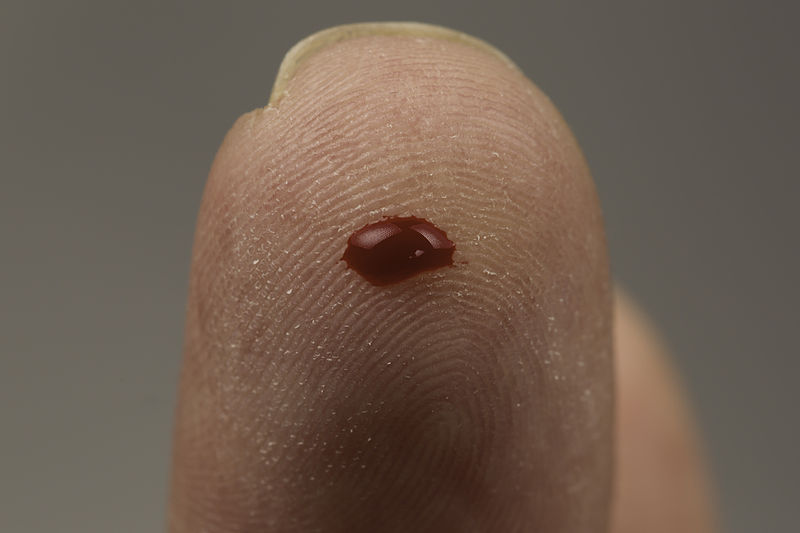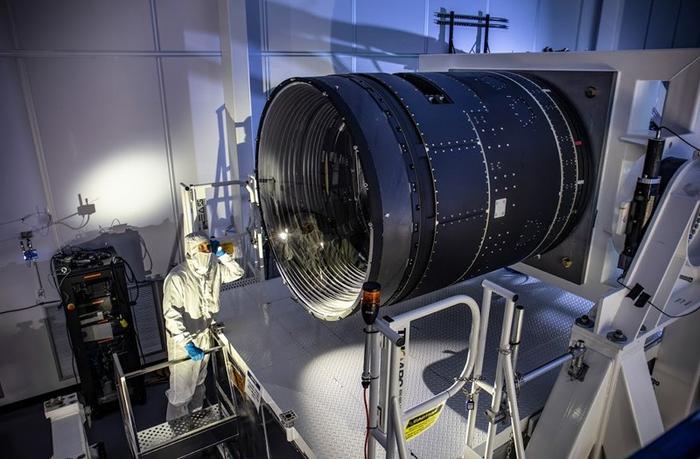Unlocking Early Detection: The Promise of AI Technology
Scientists in China have achieved a significant breakthrough in early cancer detection by developing an AI-powered tool that analyzes a single drop of dried blood to identify three aggressive cancers: pancreatic, gastric, and colorectal.
The research findings highlight that over one billion individuals worldwide face a significant incidence of undetected disease diagnoses, emphasizing the urgent need for diagnostic instruments that offer both precision and cost-effectiveness.
Analyzing Dried Blood for Aggressive Cancers
This innovative test has the potential to revolutionize cancer screening, offering faster and potentially less invasive methods for earlier diagnoses. The tool utilizes machine learning, a branch of artificial intelligence, to examine the blood sample for specific metabolites, which are byproducts of the body’s metabolic processes and can indicate the presence of cancer. In preliminary studies, the AI successfully distinguished between cancer patients and healthy individuals with a high degree of accuracy (ranging from 82% to 100% depending on the cancer type).
Speed, Precision, Accessibility: The Future of Cancer Screening
The most exciting aspect of this development is the speed and simplicity. The analysis takes just minutes, offering a significant advantage over traditional methods that can be time-consuming and complex. Additionally, requiring only a dried blood spot eliminates the need for a full blood draw, potentially making screening more accessible and convenient.
While promising, this research is in its early stages. Further validation in diverse populations and regulatory approval are needed for the widespread use of this AI-powered cancer detection tool. Nevertheless, its potential for early diagnosis could significantly improve treatment outcomes and save lives in the fight against cancer.






